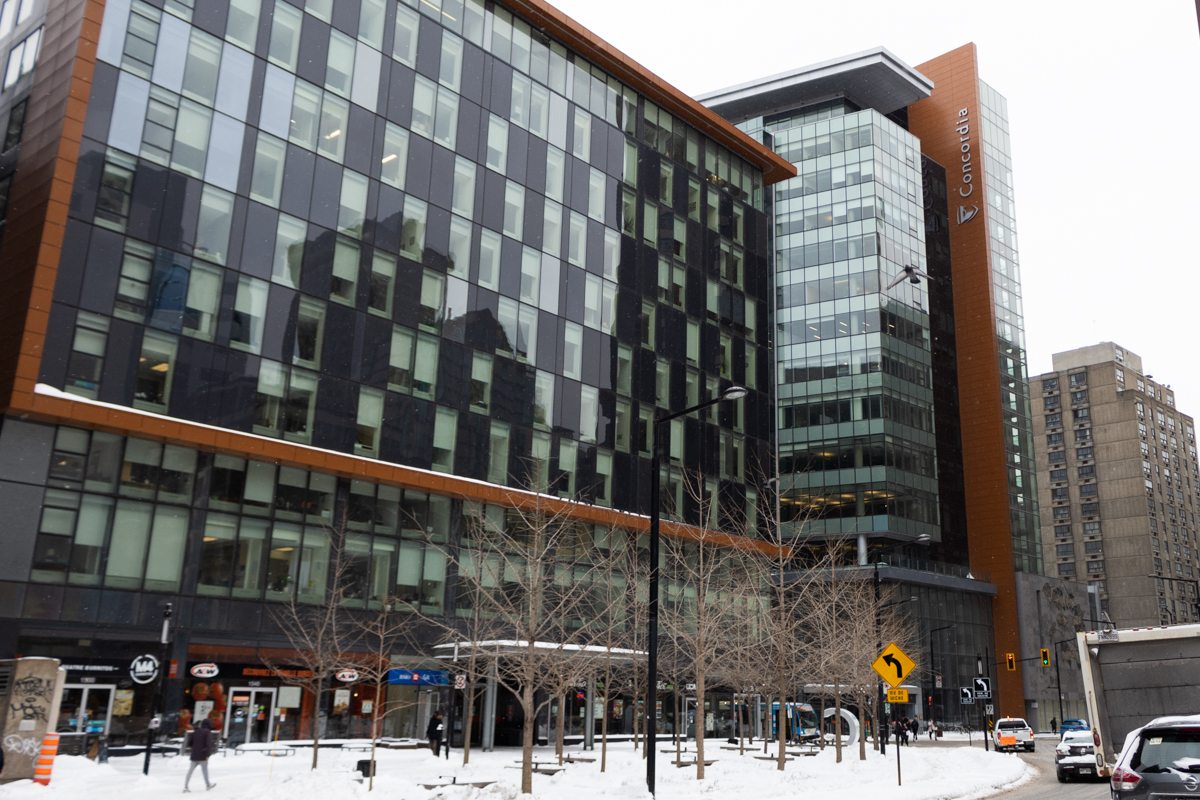Students will be able to vote on the creation of a new fee levy to fund the program in the upcoming by-elections.
The Concordia Student Union (CSU) is attempting to create a new fee levy to fund a CSU mental health service program. The program would feature dedicated long-term staff with experience in mental health services. The $0.45 per credit fee levy will be posed as a referendum question in the upcoming CSU by-elections.
The fee levy follows the result of a previous student referendum question where 96.8 per cent of participants voted in favor of establishing CSU-backed mental health services.
The idea to create more of these services came amid the COVID-19 pandemic, which has added extra stress to students’ mental health. However, this is not the key motivating factor for the CSU. They cited a growth in diversity within the Concordia student body as a reason to create more diverse and culturally appropriate mental health services – something that Faye Sun, sustainability coordinator for the CSU, thought was important to highlight.
“The way that mental health services operated in the past catered more to a very specific demographic of people.” said Sun. “Students who could afford to go to university.”
“Now we have more diversity in not just income, but race, culture, religion, and I think the services that are offered by a university and by a Student Union should be able to adapt to those changing circumstances as well.”
According to CSU Internal Affairs Coordinator Harrison Kirshner, the goal of the CSU’s mental health service isn’t to replace those already offered by the university but simply to create more complimentary services.
“We hope that the university service enhances. And that they’re able to offer more resources to students in the long run. But, our goal is to complement those services because in our opinion, mental health will always be an issue on campus. And we need to be able to provide resources to our students, and there’s never enough resources that we can provide,” said Kirshner.
Concordia’s Counselling and Psychological Services have recently seen a large increase in demand, which led to long waitlists and students being denied care.
“The current services that are being offered are inadequate and are overwhelmed. Students wait months and months for appointments,” Kirshner said.
Another goal of the CSU’s planned mental health services is to provide more preventative care for students.
”We have noticed that a lot of students tend to seek help whenever they’re in a crisis, but a lot of these issues are precipitated by a lot of various things that are going on in their lives that are not being addressed,” said Sun.
Sun said that housing insecurity, financial insecurity, unemployment, and other factors play a large role in students’ mental health. But, often they are not given enough consideration by existing mental health services.
“We would like to come up with initiatives and projects that can directly address those issues and [that’s] why we’re not just providing therapy itself. But, projects that hopefully can address these other issues that are contributing to students’ poor mental health.”
If the CSU’s mental health fee levy question passes in the next round of elections, these services could be introduced as soon as the 2022-23 academic year. Students will be given the opportunity to vote on the question from March 15-17 during the CSU by-elections.
Photo by Catherine Reynolds
